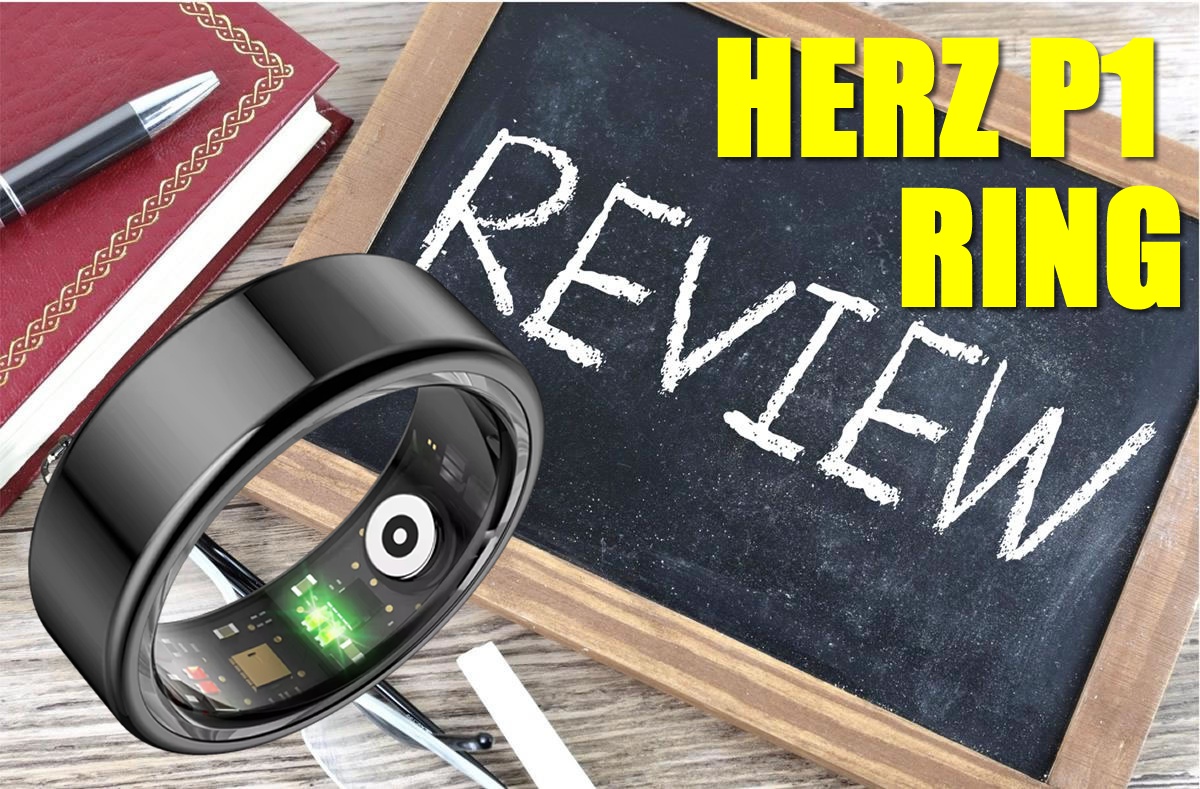When it comes to Medicare benefits, most people become eligible at age 65. However, if you have a disability or a specific medical condition, you might qualify earlier. Understanding the details of Medicare can help you navigate your options more effectively. But there are key dates and processes to take into account that could impact your coverage. Let’s explore what you need to know to make sure you’re prepared when the time comes.
Overview of Medicare
Medicare is a federal health insurance program designed primarily for people aged 65 and older, although it also covers certain younger individuals with disabilities or specific medical conditions.
It consists of different parts, each serving unique purposes. Part A typically covers hospital stays, while Part B focuses on outpatient services like doctor visits and preventive care.
You can also choose Part C, known as Medicare Advantage, which bundles A and B with additional benefits. Finally, Part D offers prescription drug coverage.
Understanding these components helps you make informed decisions about your healthcare. Enrollment can occur during specific periods, so being aware of these timelines is essential to guarantee you get the coverage you need when you need it.
Age Requirement for Medicare Enrollment
While most people qualify for Medicare when they turn 65, there are certain exceptions that allow younger individuals to enroll. Typically, you’ll be eligible if you’ve been receiving Social Security Disability Insurance (SSDI) for at least 24 months.
If you have a qualifying condition like End-Stage Renal Disease (ESRD) or Amyotrophic Lateral Sclerosis (ALS), you may also be able to access Medicare earlier.
It’s important to know that enrollment doesn’t happen automatically; you’ll need to apply. You can sign up during your Initial Enrollment Period, which begins three months before you turn 65 and ends three months after.
Understanding these age requirements helps you prepare for when you can start receiving Medicare benefits.
Special Circumstances for Early Enrollment
If you’re under 65 and facing certain health challenges, you might still qualify for Medicare benefits sooner than expected. Individuals with disabilities who receive Social Security Disability Insurance (SSDI) for 24 months are eligible for Medicare.
Additionally, if you have specific conditions like End-Stage Renal Disease (ESRD) or Amyotrophic Lateral Sclerosis (ALS), you can enroll immediately upon diagnosis. This early access allows you to receive necessary medical care without delay.
Remember, you must apply for Medicare to receive these benefits, even if you’re automatically enrolled due to SSDI. It’s vital to stay informed about your options and guarantee you meet the necessary criteria to take advantage of early enrollment.
Your health needs should come first, so don’t hesitate to explore your eligibility!
Understanding Medicare Parts A and B
For those who qualify for Medicare, understanding Parts A and B is key to making the most of your benefits.
Part A covers hospital stays, skilled nursing facility care, hospice, and some home health services. You typically don’t pay a premium for Part A if you’ve worked and paid Medicare taxes for at least 10 years.
Part B, on the other hand, includes outpatient care, doctor visits, preventive services, and some home health care. You’ll pay a monthly premium for Part B, which can vary based on your income.
Knowing what each part covers will help you utilize your Medicare plan effectively, ensuring you receive the necessary medical care without unexpected costs.
Medicare Advantage Plans and Eligibility
Medicare Advantage Plans, also known as Part C, offer an alternative way to receive your Medicare benefits through private insurance companies.
To be eligible, you must be enrolled in both Medicare Part A and Part B and live in the plan’s service area. You generally need to be at least 65 years old, but some individuals under 65 with certain disabilities may qualify as well.
When you choose a Medicare Advantage Plan, it may include additional benefits like vision, dental, or wellness services.
Keep in mind that these plans often have specific network restrictions, so you’ll want to verify your preferred doctors and hospitals are included.
Always compare plans thoroughly to find one that suits your healthcare needs.
How to Apply for Medicare
After understanding the eligibility requirements for Medicare Advantage Plans, you might be wondering how to apply for Medicare itself. The process is straightforward.
You can apply online through the Social Security Administration’s website, by phone, or in person at your local Social Security office. If you prefer online, just create an account and follow the prompts to complete your application.
You’ll need your Social Security number, birth certificate, and information about your work history or income. Don’t forget to review your options, like Original Medicare or Medicare Advantage.
Once you submit your application, you’ll receive a confirmation and should expect a decision soon. Keep track of your application status online for updates and any additional information needed.
Key Dates for Enrollment
Understanding the key dates for enrollment in Medicare is essential to ensuring you get the coverage you need.
The Initial Enrollment Period begins three months before you turn 65 and lasts for seven months. It includes your birthday month and three months after. If you miss this window, you may face a delayed enrollment period.
The General Enrollment Period runs from January 1 to March 31 each year for those who didn’t sign up during their Initial Enrollment Period. Coverage starts on July 1.
Additionally, the Special Enrollment Period allows you to enroll outside these times if you have qualifying circumstances, like losing employer coverage.
Keeping track of these dates helps you avoid gaps in your Medicare coverage.
Consequences of Delaying Enrollment
If you wait to enroll in Medicare, you could face significant consequences that impact your healthcare coverage and costs.
The most immediate concern is the late enrollment penalty. This penalty adds 10% to your monthly premium for each 12-month period you delay enrollment. If you’re not covered by another qualifying health plan, those costs can pile up quickly.
Additionally, delaying can limit your access to necessary services, leaving you vulnerable to high out-of-pocket expenses. You might also encounter gaps in coverage when you finally do enroll, which can lead to delays in receiving care.
It’s essential to understand these potential pitfalls and plan your enrollment carefully to avoid unnecessary financial strain.
Resources for Further Information
There are plenty of resources available to help you navigate Medicare benefits and enrollment. The official Medicare website, Medicare.gov, offers extensive information on eligibility, coverage options, and enrollment periods.
You can also call 1-800-MEDICARE for personalized assistance from trained representatives who can answer your questions. Local State Health Insurance Assistance Programs (SHIP) provide free, unbiased counseling to help you understand your options.
Additionally, community organizations often hold workshops or seminars to educate you on Medicare. Don’t forget to check out online forums and social media groups where you can connect with others experiencing similar situations.
Utilizing these resources will empower you to make informed decisions about your Medicare benefits.
Conclusion
In summary, you typically qualify for Medicare when you turn 65, but don’t forget about early enrollment options if you have a disability or certain medical conditions. Understanding the different parts of Medicare and the enrollment process is essential for making the most of your benefits. Be mindful of key dates to avoid penalties, and don’t hesitate to seek resources for more information. Staying informed guarantees you get the coverage you need when you need it.














